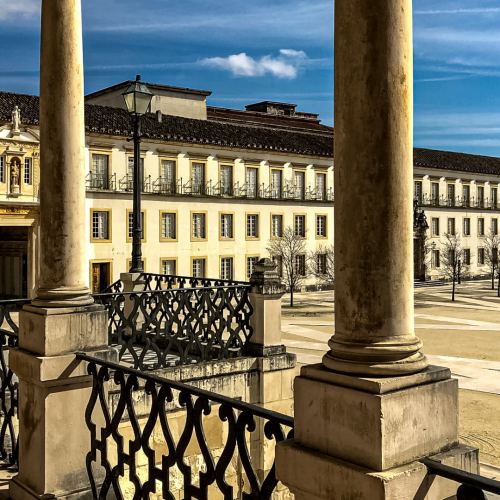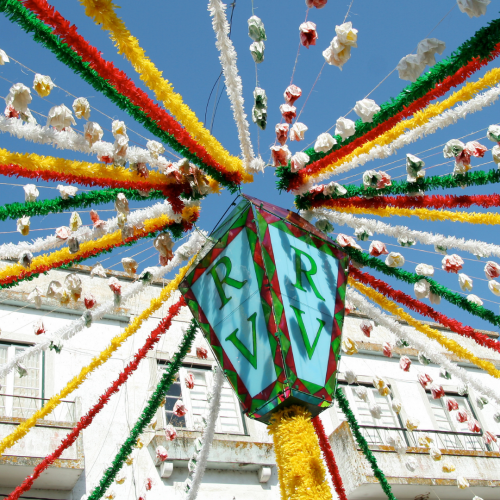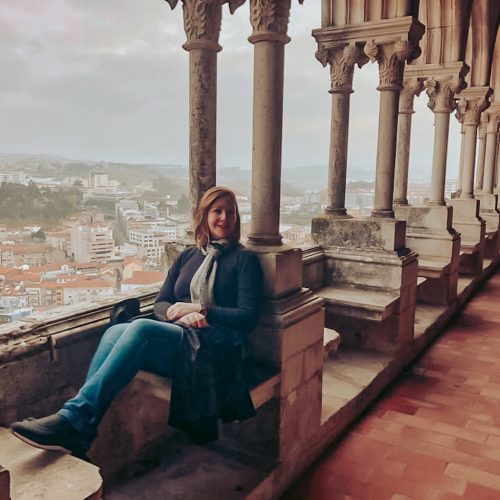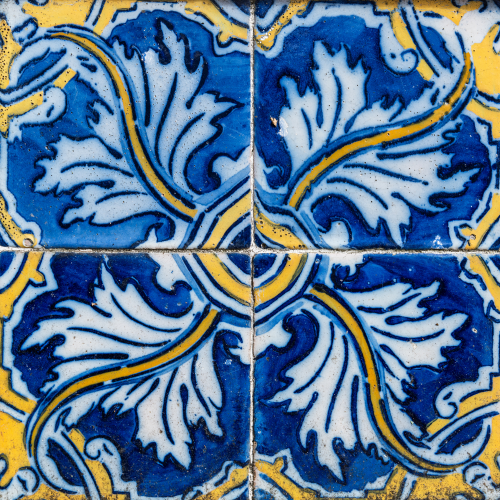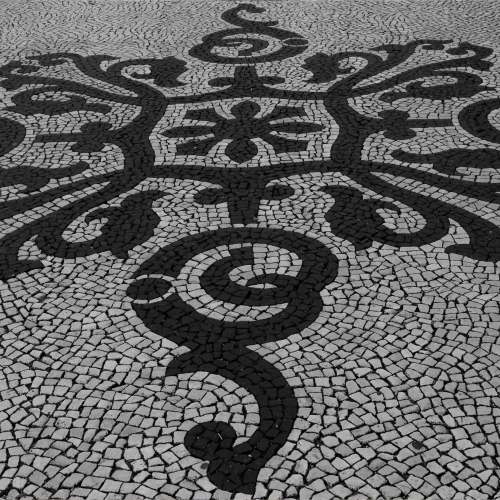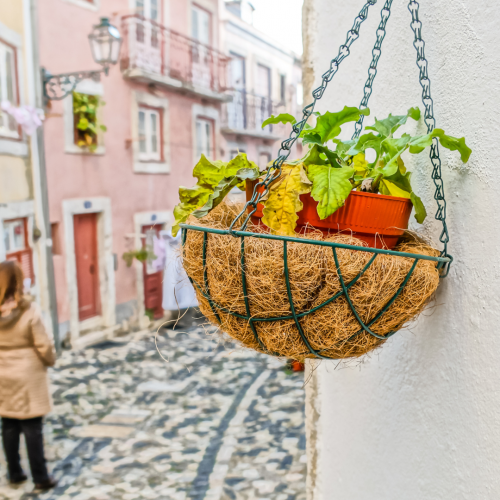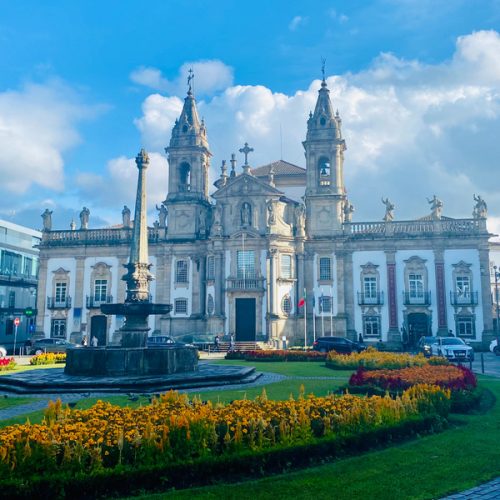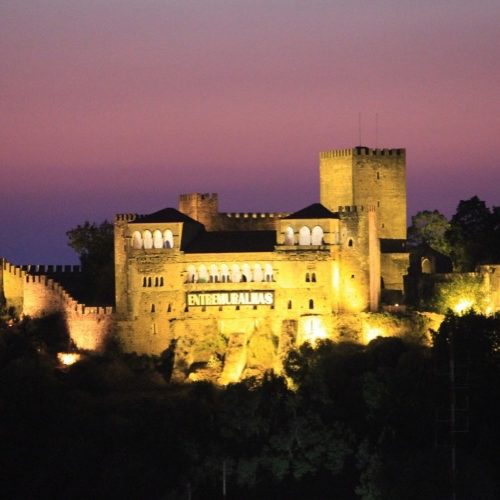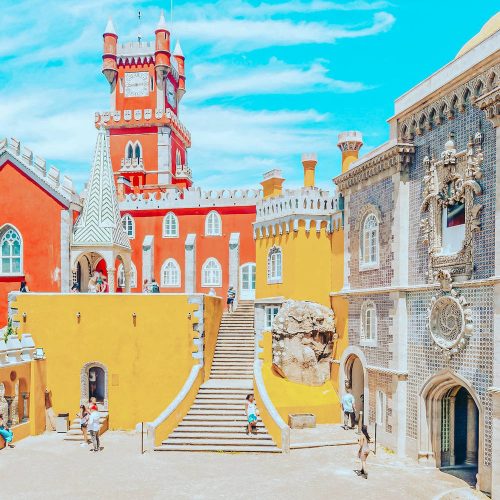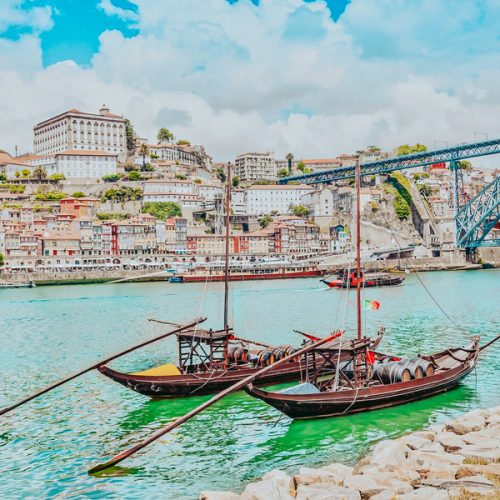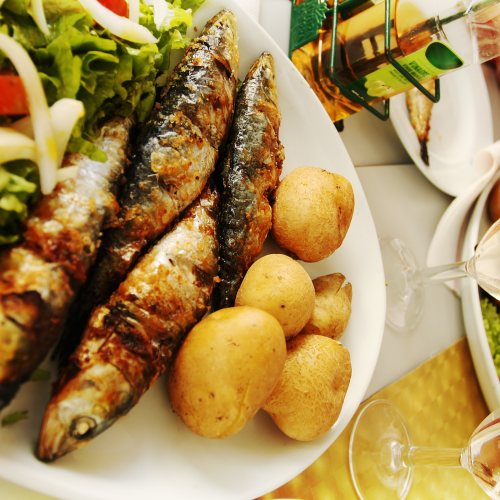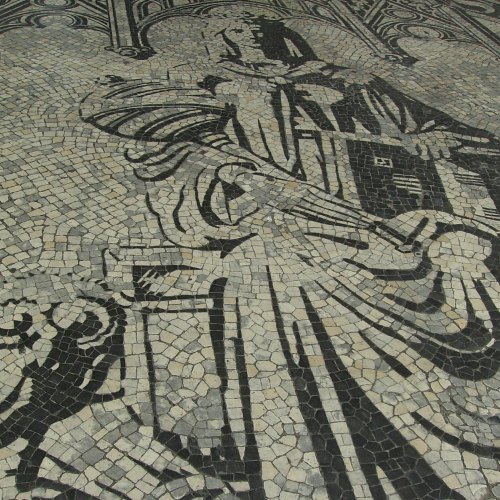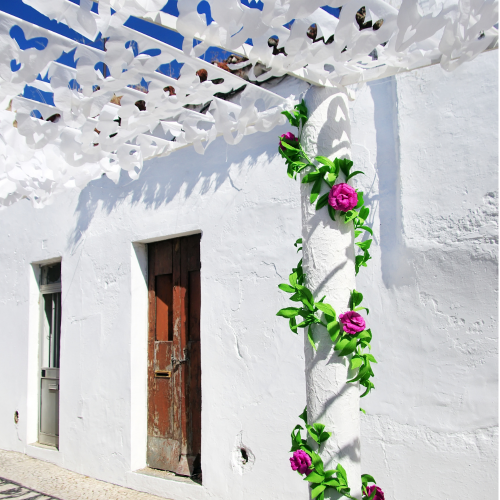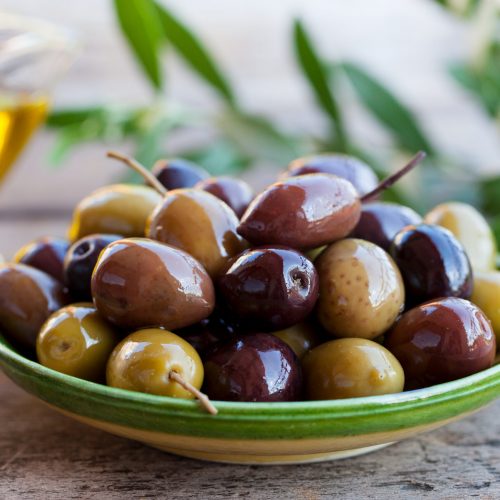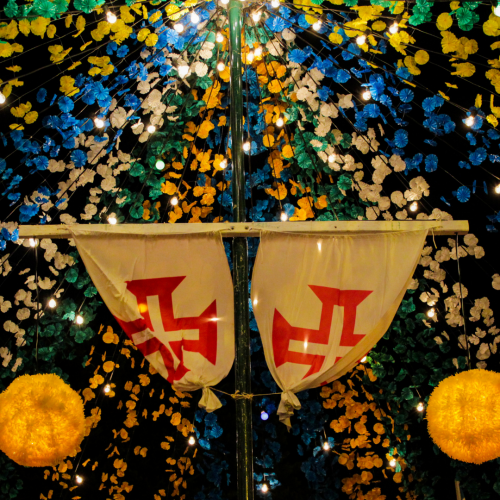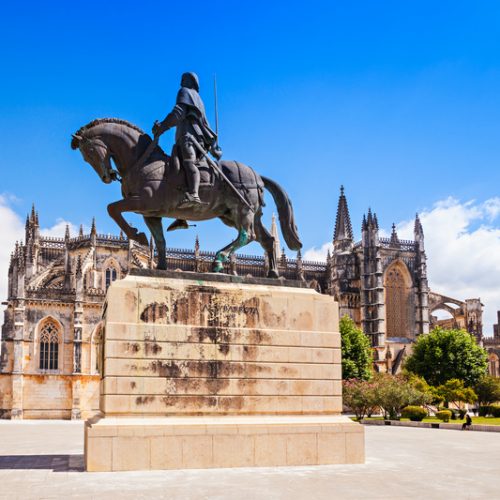Portugal has a lot to show the world: museums, historic sites, castles, religious festivals, music festivals, gastronomy, wine, tiles and a lot more
Portuguese culture has its roots in the cultures of the various peoples that once inhabited the Iberian Peninsula: Celts, Iberians, Germans, Romans, Moors. The peoples of the colonies of the Portuguese Empire* also contributed to this very rich culture.
In addition to the beautiful architecture and urban art that surprises us on the streets in veritable open-air galleries, Portugal has a lot to show the world: museums, historic sites, castles, religious festivals, music festivals, gastronomy, wine, tiles and a lot more.
There are more than 430 museums
There are more than 430 museums with spectacular wealth. From the traditional ones, with their historical or scientific collections, to the thematic ones. Carriages, Fado, Olive Oil, Ceramics, Wine, Fishing and various other elements, uses and living traditions have their museums in this country that values its history and culture like few others.
Dozens of them are in great shape,
waiting for your visit
Portuguese castles are notable. Very beautiful ones. Others, imposing. And there are those who are both beautiful and sumptuous. The numbers are not exact, but it is estimated that there are between 400 and 500 castles in Portugal. Unfortunately, most of these important forts, magnificent buildings in the past, today are just ruins. But, there are still dozens of them who are in great shape, waiting for your visit. So, don’t waste any more time and go see these wonders now!
Don't be alarmed if you find yourself
looking at the floor
A type of floor made with irregularly shaped stones, usually in white and black limestone. As well as the Portuguese language, a factor of identity and unity among people from nine countries, Portuguese sidewalks are found in several Portuguese-speaking countries. In Portugal, they are a common decorative component in practically the whole country, enriching the urban landscape with its patterns or mosaics made by the contrast between stones of different colors. So don’t be alarmed if, even in the face of the beautiful Portuguese landscapes, you suddenly find yourself looking at the ground. There is indeed a good justification for this.
Support for artistic expression, they are
a symbol of Portugal
In Portugal the use of tiles in the decoration of the façades of the residences dates back to the end of the 14th century, beginning of the 15th century. An element of ornamentation and also of the social status of the families (the more colorful and elaborate the tile motifs, the richer and more important the family), the tiles have become an important support for artistic expression, to the point that today they are a symbol of Portugal and having, in Lisbon, a national museum dedicated exclusively to it. Worth the visit.
Places and expressions of a unique culture, which tell part of the history of the world
The World Heritage List in Portugal brings together historic centers, archaeological sites, cultural and natural landscapes, as well ancestral customs. They are places and expressions of a unique culture, which in one way or another tell not only the history of the Portuguese, but also a part of the history of the world. Today, Portugal has 17 sites considered World Heritage by UNESCO and 8 more of other types of wealth, immaterial, in a total of 25 classifications. There are still 21 more sites in the process of recognition.
After all, you eat very well in Portugal!
Portuguese gastronomy is very traditional and famous all over the world: several dishes based on cod, roasted sardines, Francesinha (one of the best sandwiches in the world), cheeses, sweets, custard tarts, among many others. After all, you eat very well in Portugal!
For the Portuguese, “there is no more sacred subject”
Known and awarded internationally, Portuguese wines are distinct, unique. They represent the quality and personality of the more than 100 indigenous grape varieties of this small piece of Europe, so diverse in microclimates and soils. With 14 wine regions and an annual production of more than 650 million liters, Portugal is the world leader in consumption per capita. Each Portuguese consumes more than 62 liters of the drink per year. After all, wine, which feeds the body and the spirit, “makes the heart of man happy,” said the Romans. And for the Portuguese, “there is no more sacred subject”.
For all ages, for all tastes and for all budgets
They are common in capitals, inland cities, on beaches, in small villages. The Portuguese people are very partying and the festivals take place throughout the year, in every corner, everywhere. Thematic festivals – such as Leiria entre Muralhas, one of the main Gothic festivals in all of Europe, the Encontro de Motos do Faro, the festivities of the Popular Saints, Carnival, Medieval Festivals, music festivals and many others. For all ages, for all tastes and for all budgets.
* From the Conquest of Ceuta in 1415, until the return of sovereignty over Macau to China in 1999, the so-called Portuguese Colonial Empire spread over a vast number of territories that today are part of 53 countries. Nowadays, Portuguese is the official language of Angola, Brazil, Cape Verde, Guinea-Bissau, Equatorial Guinea, Mozambique, São Tomé and Príncipe, Timor-Leste and, of course, Portugal. According to the magazine Ethnologue: Languages of the World, Portuguese is the 4th language in the world, with more than 290 million native speakers.
